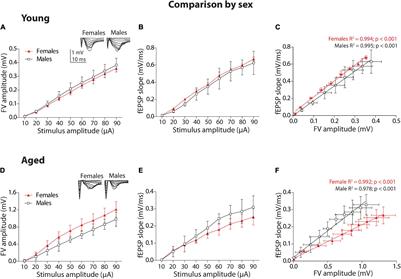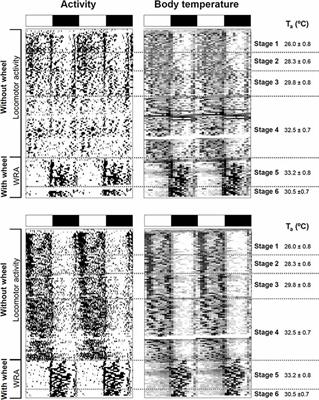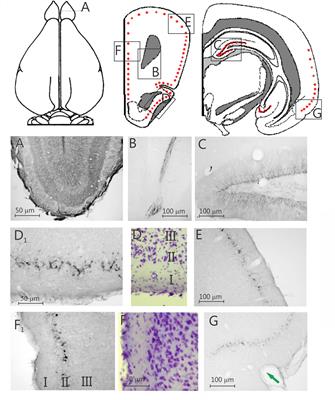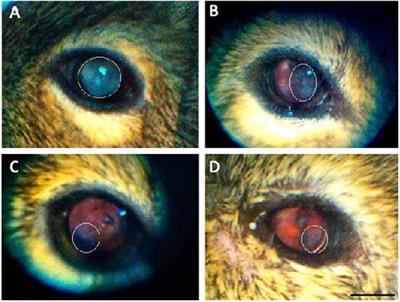ORIGINAL RESEARCH
Published on 28 Feb 2022
Differential Role of Sex and Age in the Synaptic Transmission of Degus (Octodon degus)

doi 10.3389/fnint.2022.799147
- 7,066 views
- 1 citation
4,013
Total downloads
47k
Total views and downloads
Select the journal/section where you want your idea to be submitted:
ORIGINAL RESEARCH
Published on 28 Feb 2022

ORIGINAL RESEARCH
Published on 11 Oct 2021

ORIGINAL RESEARCH
Published on 30 Aug 2021

ORIGINAL RESEARCH
Published on 30 Jun 2021

BRIEF RESEARCH REPORT
Published on 29 Apr 2021

ORIGINAL RESEARCH
Published on 13 Apr 2021


Frontiers in Neuroanatomy
Frontiers in Veterinary Science